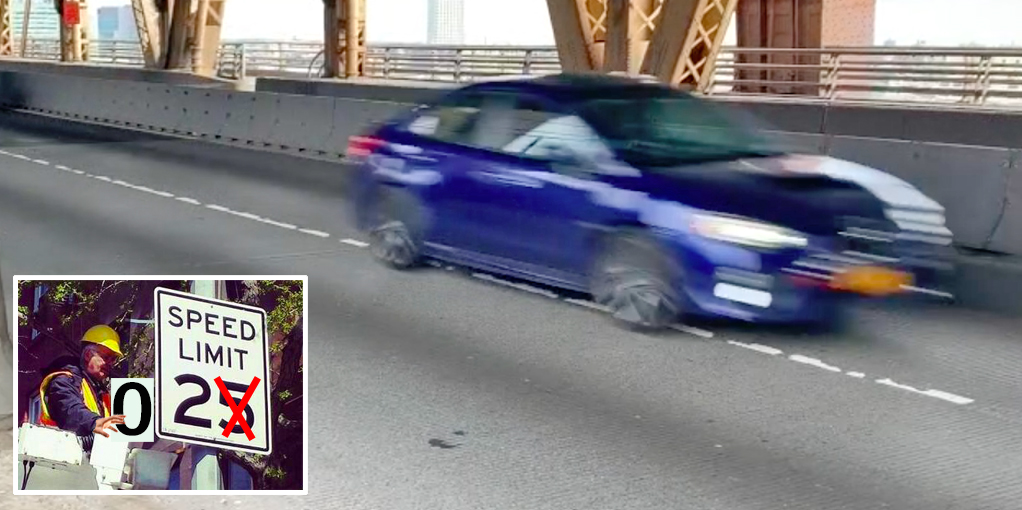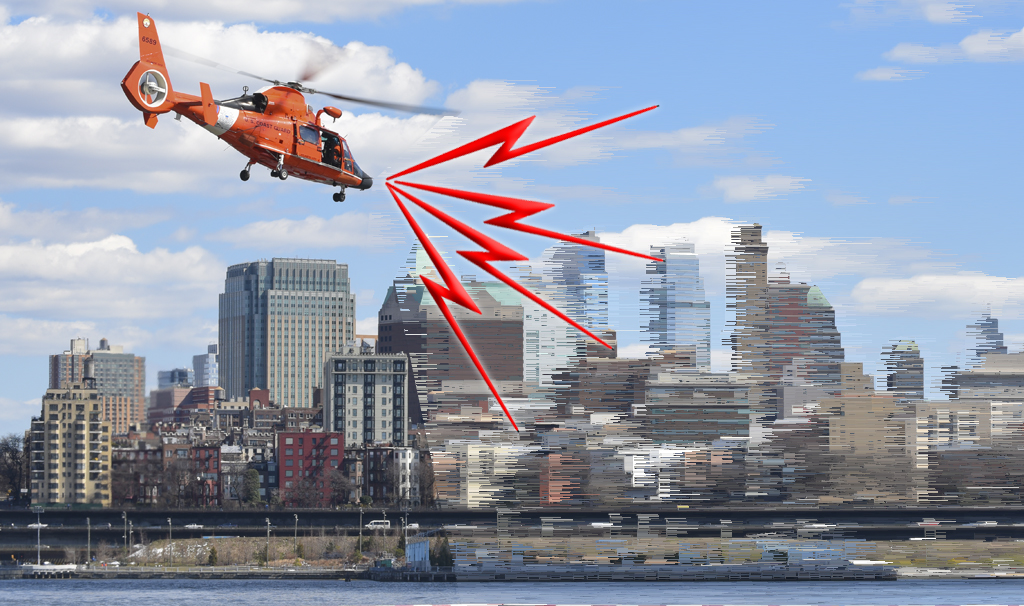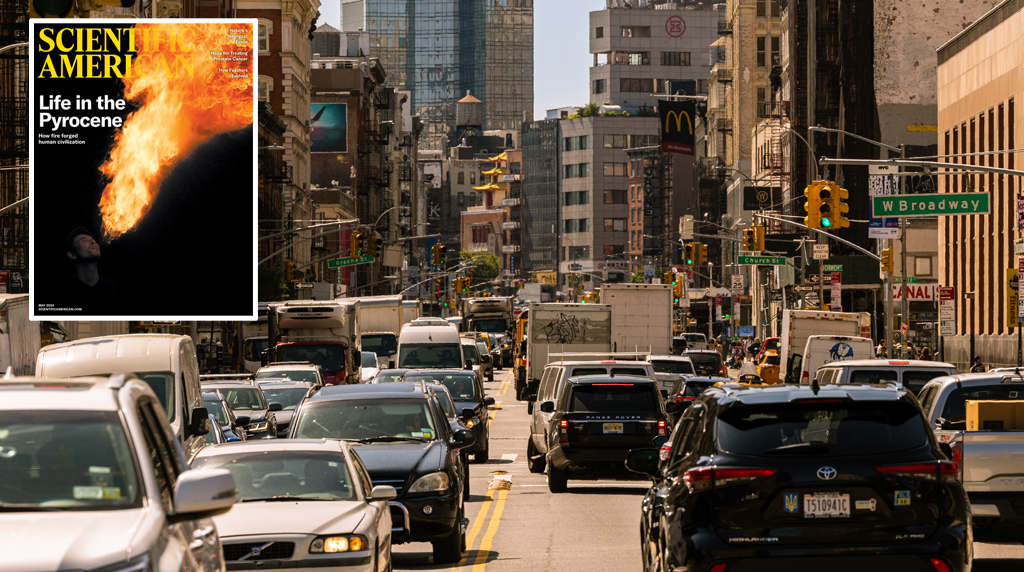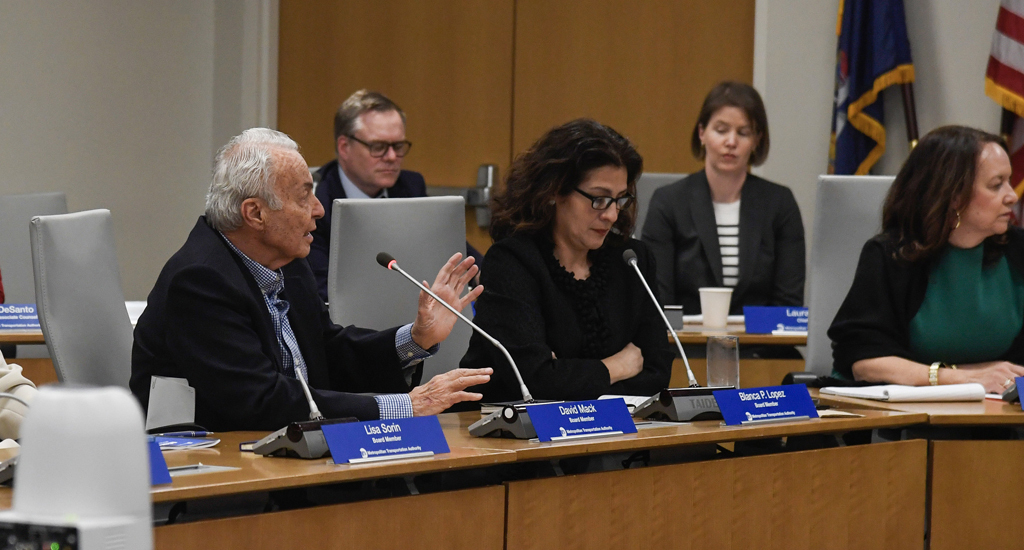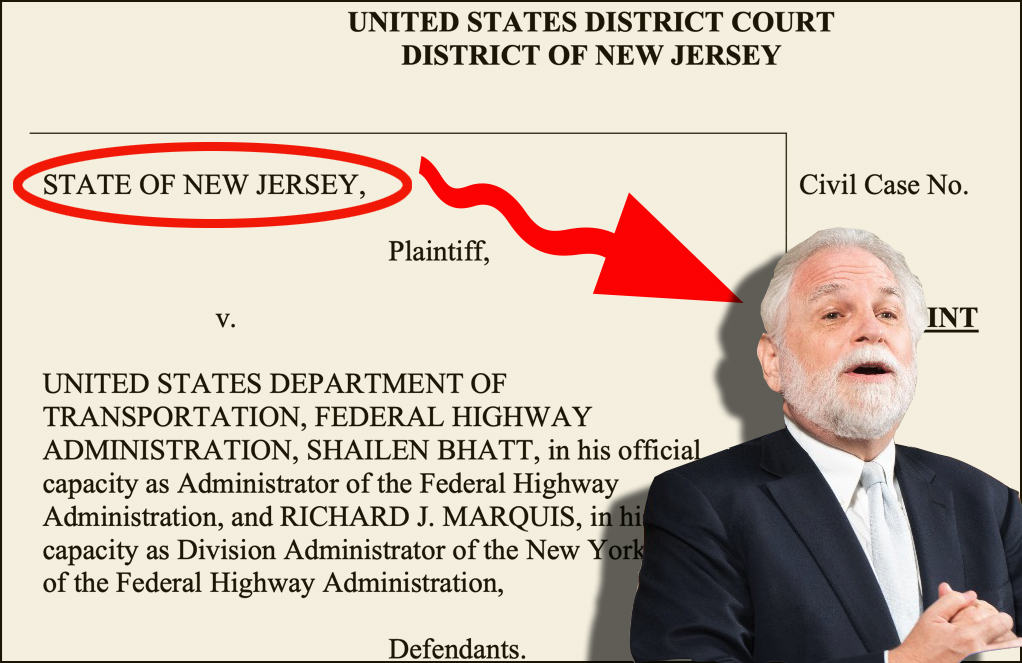Key State Senator Tony Avella Opposed to 20 MPH Speed Limit Bill
4:10 PM EDT on May 12, 2014
State Senator Tony Avella is opposed to legislation that would lower the default speed limit in NYC to 20 miles per hour.
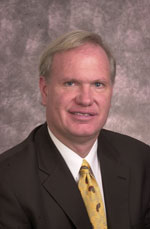
He's also against lowering the speed limit to 25 mph on Northern Boulevard -- where drivers have killed at least seven pedestrians, including two young kids, since 2010. That's supposed to happen this month as part of DOT's arterial slow zone program. Avella sent a letter to Mayor de Blasio and other electeds asking that the city refrain from making any changes on Northern Boulevard until there is "community input," a spokesperson said.
As a member of the Independent Democratic Conference that, along with Republicans, controls the Senate, Avella could help get the 20 mph bill passed. Streetsblog spoke with Avella today. Here's what he had to say.
We're calling to see what your position is on 6496, the bill that would make the default speed limit in New York City 20 miles per hour.
I certainly agree with the intention of the bill. I've actually been fighting with the Department of Transportation to make the streets and city of New York much safer going back to my days in the City Council, when I actually had a piece of legislation to try and reform the way the agency approves street lights and all four-way stop signs.
The concern I have about the way the current bill is constituted is making it the default 20 miles per hour across the entire city, and making communities then have to petition the city to raise the speed limit in certain areas, whether it's Northern Boulevard or Queens Boulevard, back to 30 miles per hour. I actually met with [Families for Safe Streets, which went to Albany last week], and I basically told them the same thing. It's so difficult to get the Department of Transportation to approve anything these days, I can't see making communities go back to them to get a speed limit which they already have on major thoroughfares. I'm in total agreement of lowering the speed limit around schools, on quiet residential streets, but I think this is not a cure-all to the problem itself, and I think we need to have a much more comprehensive approach.
And there has to be community input. You cannot just make this across the board without community input. And I think that's what's going on. I've always been a community person, and I think that this has to be something that people really want to do. And I don't think because the mayor likes this that we should do it.
Well the effort to do it is pretty much ground-up. The City Council didn't take this up until they were contacted by people who had lost family members to drivers.
Forgive me for saying this -- I'm not in any way deterring from the message that they have -- but in all the years I've been in office, not one person has ever asked me to lower the speed limit to 20 miles per hour. What they've asked for is traffic lights, stop signs, speed bumps, changing the direction of traffic from two-way to one-way streets. Not one person has ever asked me for a 20 miles per hour speed limit.
So my experience in all my years in government is different from the focus of this bill, based upon what people tell me. So to say this is a grassroots effort, an effort from the bottom up, I don't necessarily agree with that. What I'm saying is, there really has to be community input before we do anything like this. And I don't think you can make it across the board. I mean we've had a law on the books for safety for years, it's called jaywalking. Everybody does it. I'm just worried if you -- plus the fact there's no community input -- I don't know that we should require communities to petition its own city and its own agency, the Department of Transportation, to get back something they already have, when the agency has been so bad at approving traffic-calming measures.
I just don't see it at this point, but I'm willing to talk. I'm willing to go along with the core message, which is make streets safer, especially in the residential areas. But I can't support a bill that makes it across the board. I just think that's the wrong approach.
And I think that even if it gets close to passing -- which I don't think it is -- I think you're going to hear a huge community outcry. And I think that if it does get passed, I think there's going to be a lot of civil disobedience. The police department can't be out there all the time. People at 30 miles per hour they're speeding at 40 miles per hour, 50 miles per hour. I just don't think it's something that the public in general is going to accept, and therefore they're just going to abuse it across the board.
And what about Northern Boulevard -- are you opposed to lowering the speed limit to 25 on Northern?
I'm opposed to lowering it to 25 on Northern. Do you know how slow 20 miles per hour, 25 miles per hour is? What about the businesses in the city of New York that have to get from one place to the other? And for the most part they have to use local streets because they're not permitted on every highway or expressway. So are you in effect maybe doubling the amount of time that it's going to take businesses to get their deliveries done? This is way too complicated just to say 'Let's just lower the speed limit to 20 miles per hour.'
When you say 25 miles per hour on Northern Boulevard, I don't think that's in the bill. What I see is 20 miles per hour across the board.
No, it says the City Council can set speeds higher where they find appropriate.
Yeah, but again, you're making communities then go back and legislate every major thoroughfare in the city of New York. This is convoluted.
What would you say to these parents who've lost their little kids on Northern Boulevard to people who were driving too fast?
Again, they're driving beyond the 30 miles per hour speed limit. There's a difference here. This is not what I consider to be a comprehensive solution. It's a knee-jerk reaction, 'Let's just lower the speed limit.' I've seen this too many times as a civic activist, as a person who's worked in government, as an elected official. There's a knee-jerk reaction to an immediate problem, but the knee-jerk reaction doesn't necessarily solve the problem. But it makes for good press. I want to solve the problem. So let's have a real discussion. I'm not seeing a real discussion. What I'm seeing is 'Let's make it 20 miles per hour.' That's not a real discussion.
If you could impose a solution, what would it be?
I would like to see a much more easier process, whether it's lowering the speed limit, with community input, easier to get all-way stops at traffic lights, an appeals process when the Department of Transportation denies those community requests. That would be a very good start. I think there's more we could discuss, but let's have a real discussion.
One more question. Research shows that the risk of death drops dramatically if you're hit by a car going 20 miles versus going 30 ...
And I don't disagree with that. I don't disagree with that. But you're making a generalization now for the entire city. Why not look at neighborhoods that really want the 20 miles per hour, and where it's appropriate. I'm not against that. I'm just saying across the board I don't think is good government.
Read More:
Stay in touch
Sign up for our free newsletter
More from Streetsblog New York City
Deal Reached: Hochul Says ‘Sammy’s Law’ Will Pass
The bill, though imperfect, has been four years in the making.
Komanoff: A ‘Noise Tax’ Can Ground NYC Helicopters
A proposed $400 “noise tax” on “nonessential” flights is a start — and it will work.
Thursday’s Headlines: Welcome to the War on Cars, Scientific American
Our favorite story yesterday was this editorial in an unexpected place. Plus other news.
Meet the MTA Board Member and Congestion Pricing Foe Who Uses Bridges and Tunnels For Free Every Day
Mack drives over the transportation authority's bridges and tunnels thanks to a rare perk of which he is the primary beneficent.
Randy Mastro Aspires to Join Mayor’s Inner Circle of Congestion Pricing Foes
The mayor's reported pick to run the city Law Department is former deputy mayor under Rudy Giuliani and notorious foe of bike lanes and congestion pricing.
